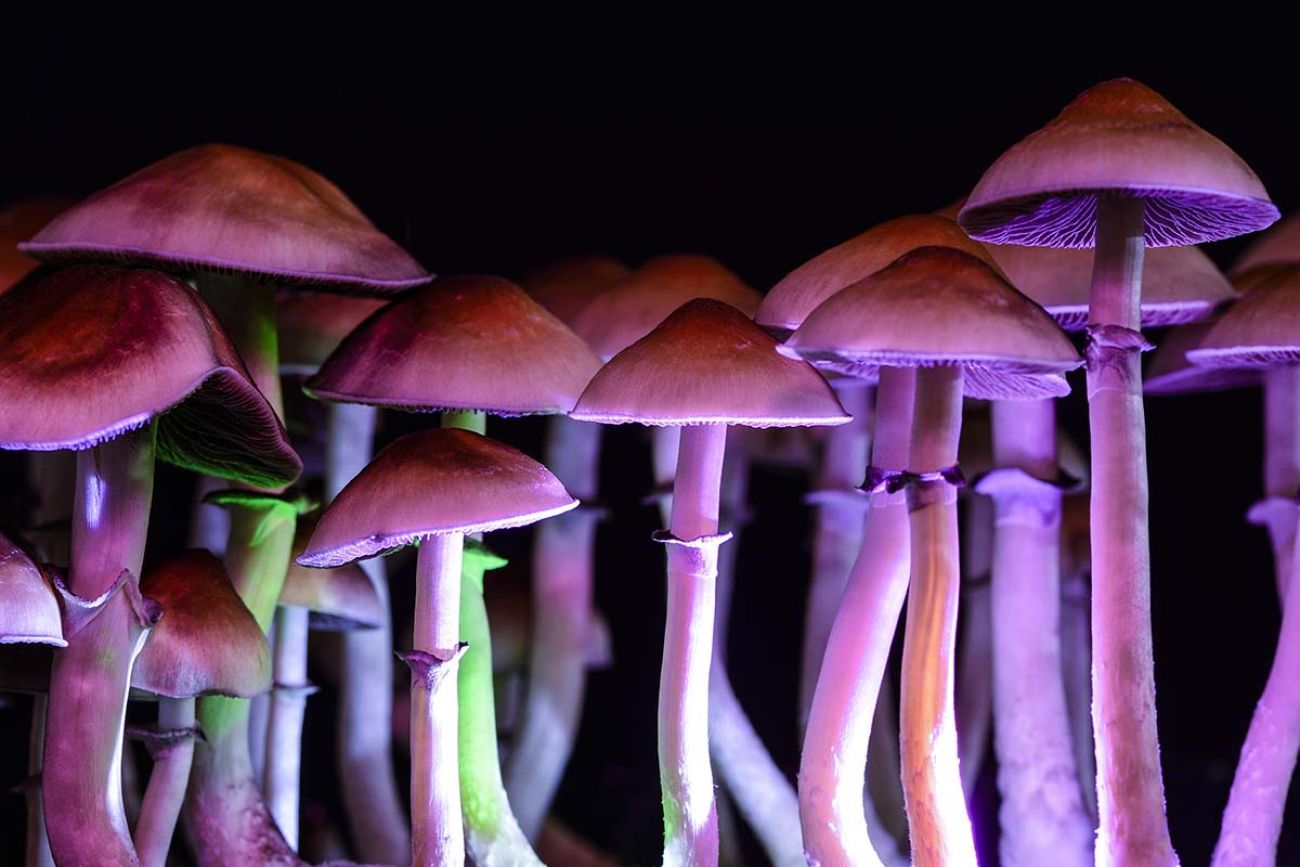There is a connection between Middle East terrorists and the trippy flip milk chocolate bar for sale trade dates back more than two decades, when the United States and pro-Western governments opposed the Soviet invasion of Afghanistan in 1979. At that time the focus was on training and equipping fierce mujahideen fighters to resist communist occupation forces, but the means to that end were often the same drug money. Today it is the same thing but growing. The drugs raised in Afghanistan finds its way via smuggling routes into markets in both Europe and the United States where they are sold. In turn millions of dollars and Eros are used to fund terrorist and their terror not only in Afghanistan but around the world. Most of these same terrorist drug organizations that fuel the terror network also help to fund the Taliban attacks in Afghanistan. Part of this illicit cash provides operating capital for international terrorist Osama Bin Laden and others.
Afghanistan produces over 80 percent of the world’s opium supply and 90 percent of the opiate products destined for Europe and the USA. Unlike their counterparts in Colombia, the terrorists in Afghanistan enjoy the benefits of a trafficker-driven economy that lacks a national government who has any interest in combating it.
Afghanistan President Hamid Karzal recently at a news conference said, “It destroys our economy, it destroys a good family life in Afghanistan, which is the most important thing to have in any country. And most important of all, drug production and trafficking goes hand in hand with terrorism, the money that’s created from drugs feeds terrorism in Afghanistan
and the rest of the world”.
US Drug Enforcement Administration DEA intelligence confirms the presence of a linkage between Afghanistan’s ruling Taliban and international terrorist Osama Bin Laden. Although DEA has no direct evidence to confirm that Bin Laden is involved in the drug trade, the sanctuary in Pakistan enjoyed by Bin Laden is based on the Taliban’s support for the drug trade, which is a primary source of income in Afghanistan. Credible DEA source information indicates ties between the Taliban and the drug trade. The Taliban directly taxes and derives financial benefits from the opium trade. They even provide receipts for their collected drug revenues.
Drug czar John Walters has acknowledged that “the struggle between narco-trafficking has to be linked with the fight against terrorism” because “drug-trafficking groups contribute to the financing of corruption and terrorism.”
Those involved in the drug trade in the Middle East are as serious about their investment as their violent counterparts in countries such as Colombia, Mexico and the Golden Triangle cartels. Attacks on foreign-aid workers in Afghanistan have skyrocketed – from one a month to one every two days – particularly in areas where opium-producing flowers are being harvested. “It’s absolutely true that security is worse in places where people are growing poppies,” said Diane Johnson, the Afghanistan program director for the Mercy Corps, a charity based in Portland, Oregon.
Afghanistan produces more opium than any other country. DEA has seen no decrease in availability, and no increase in the price of Southwest Asian Heroin in the United States and European consumer countries. This indicates that significant amounts of opiates still remain available and are plentiful in the supply pipeline. According to the United Nations, up to 60% of Afghanistan’s opium crop is stored for future sales.
“The revenue from the poppy trade in Afghanistan is more than all the humanitarian aid combined,” said Paul Barker, Afghanistan director of CARE. He’s right, of course; poppy cultivation in that country earned $1.2 billion in 2002, compared with $500 million in foreign aid, providing an incredible incentive to those who profited from poppy growing to adopt an “any means necessary” approach to protecting their largest cash cow.
